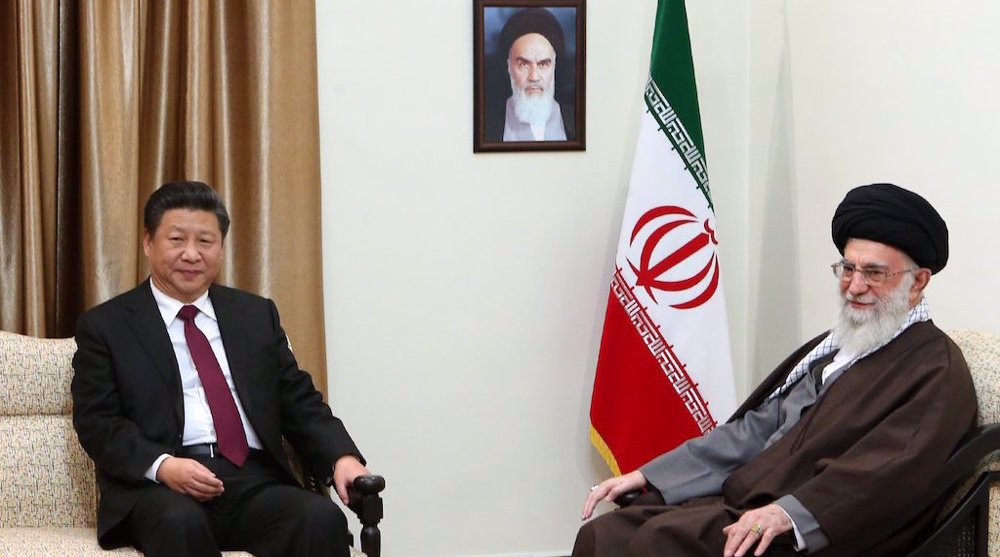China launches first 12 of 2,800 satellites for AI space computing constellation
China has launched 12 satellites into space, initiating the first phase of its orbital Artificial Intelligence (AI) supercomputer.
SpaceNews reported Chinese scientists officially initiated the space-based “Star Compute” project — an orbital AI supercomputer network - by launching 12 satellites into orbit as part of a planned 2,800-satellite constellation.
The space-based supercomputer project is part of China’s broader push to lead globally in both AI and space technology.
Named the “Three-Body Computing Constellation” inspired by Liu Cixin’s acclaimed science fiction trilogy, the project aims to integrate AI with space infrastructure at an unprecedented scale.
Each of the 12 satellites is equipped with an AI model containing 8 billion parameters and onboard computing power of 744 tera operations per second (TOPS).
These satellites together deliver a combined 5 peta operations per second (POPS), surpassing the performance of many terrestrial AI systems.
The project aims to reach 1,000 POPS once all the 2,800 satellites are operational.
By eliminating the need to transmit raw data back to Earth coupled with its ability to analyze data in real time while still in orbit, the new supercomputer will reduce latency, dependence on ground stations, and bandwidth bottlenecks, significantly, thus addressing a major limitation in traditional satellite systems where less than 10 percent of collected data actually reached the ground.
The 12 satellites are interconnected via high-speed laser communication links transmitting at up to 100 Gbps and share 30 terabytes of onboard storage.
This supercomputer is equipped with scientific tools such as X-ray polarization detectors for studying transient cosmic events like gamma-ray bursts and is able to generate 3D digital twin data, enabling applications in disaster response, virtual tourism, smart city planning, and advanced simulation in gaming.
Scientists hope that the new supercomputer will reshape how countries collect, process, and respond to space-based intelligence in real time.
China's space-based supercomputer has huge potential for environmental benefits as to its use of solar power and space-based heat dissipation as ways to reduce energy demands and carbon emissions, according to Harvard astronomer and space historian Jonathan McDowell.
Iran strongly alarms UN about dire consequences for perpetrators following Leader's martyrdom
Hezbollah strikes occupied Haifa in retaliation for Leader's assassination
Ansarullah mourns Leader's martyrdom as 'great loss' caused by 'most wretched terrorists'
Hezbollah offers condolences to Iranian nation over Leader’s martyrdom
US-Israeli strike targets IRIB facility; broadcasts continue
IRGC: Latest waves of Op. True Promise 4 led to tanker strikes, base shutdowns, heavy casualties
CENTCOM confirms US troops killed in Iran’s retaliatory strikes
China ‘strongly condemns’ US-Israeli assassination of Iran’s Leader










 This makes it easy to access the Press TV website
This makes it easy to access the Press TV website